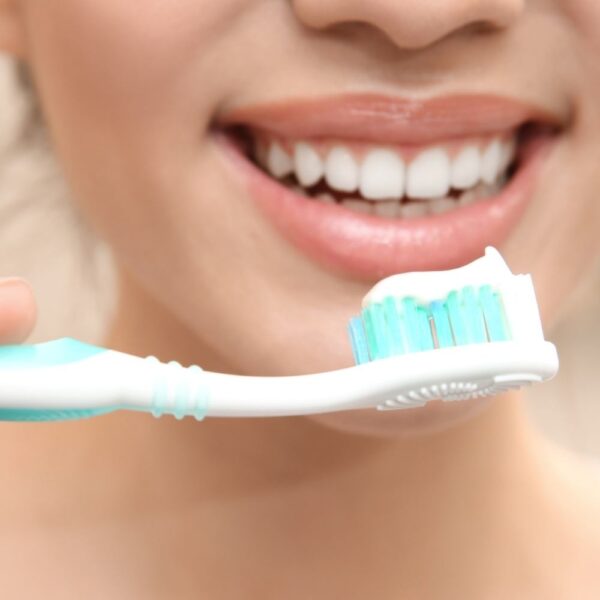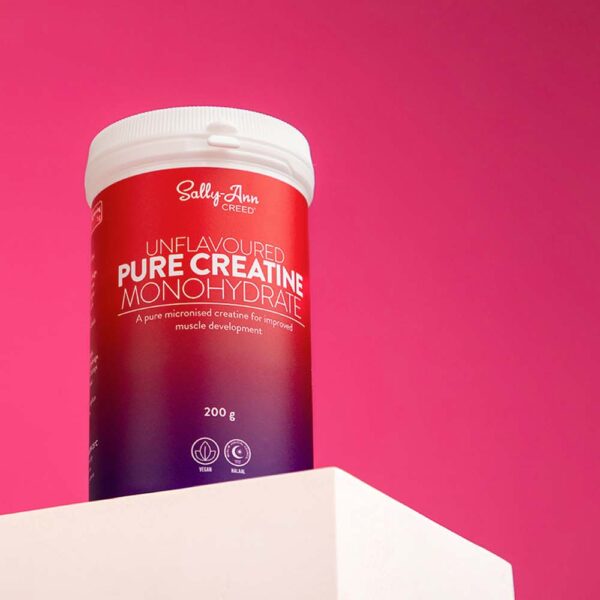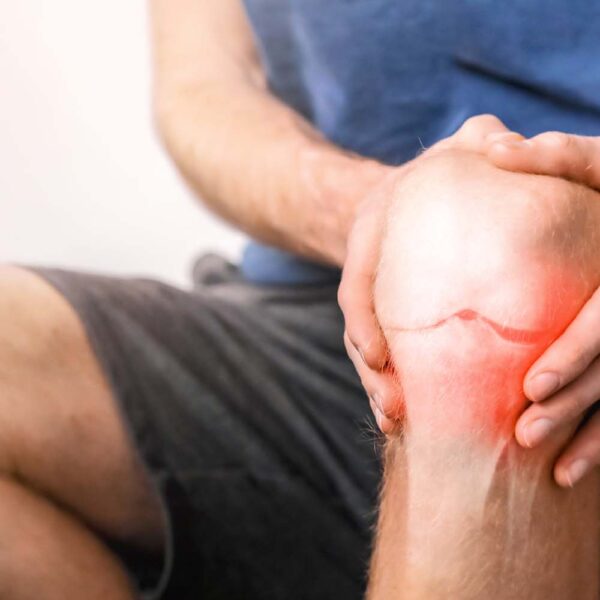Selenium is an essential trace mineral, meaning that while it is only needed in small amounts, it’s still very important for human health. Selenium is found in soil, water and some food groups. It acts like an antioxidant and plays an important role in disease prevention. From supporting immune function to protecting against oxidative stress, selenium is a powerhouse nutrient that deserves a spot in your daily diet.
Let’s explore what selenium does, why it’s important, and how you can ensure you’re getting enough.
Selenium assists with the following health conditions:
-
- Thyroid: Selenium plays a role in thyroid hormones and their production, and is involved with normal thyroid function.
- Heart health: Selenium is a component of selenoproteins,which are important antioxidants. These can prevent damage to blood vessels by helping protect cells from oxidative stress.
- Anti-inflammatory (cognitive decline): Selenium deficiency is directly linked to cognitive decline
- Cancer/disease: Due to Selenium’s antioxidant properties, benefit with DNA repair, and effect on human immunity, it was hypothesized that selenium plays a role in prevention of certain cancers, although more research is needed to confirm this.
- Male fertility: selenium, may also play a role in sperm quality, because selenium reduces oxidative stress and that has been linked to male infertility.
Recommended Intake:
RDA
| Females | Males | |
| 19-50 years | 55mcg | 55mcg |
| 51+ years | 55mcg | 55mcg |
Pregnant or lactating women would need to discuss with suitable health care professionals.
Food Sources: (USDA)
| Amount in Food (mcg) | |
| Brazil nuts (1 nut) | 96 |
| Tuna (canned, water 100g) | 65.7 |
| Brown rice (cooked, 1 cup) | 11.7 |
| Egg (whole, 1) | 15.6 |
| Beef, Kidney (cooked, 85g) | 143 |
| Cottage cheese (100g) | 14.6 |
| Mushrooms, portobello (grilled,100g) | 21.9 |
Overall, selenium is vital for health, but it’s important to maintain the right balance. As with all things in life, too much or too little can have negative effects. More research is needed to fully understand how selenium influences various health conditions
Toxicity:
The upper limit for Selenium intake was 400 mcg daily. Brand new 2023, reviews have now suggested an upper limit of 255 mcg for all adults.
What can toxicity symptoms look like?
- A garlic-like smell on the breath and a metallic taste in the mouth
- Brittle nails/decaying teeth
- Gastrointestinal problems, such as nausea
- Neurological anomalies
- Fatigue and irritability
- Skin lesions and rashes
- Hair loss
In extreme cases, selenium overdose could lead to kidney failure, heart failure, and death.
Use of selenium supplements
People can get selenium through multivitamins and other dietary supplements. These may contain the mineral in different forms, including selenomethionine and sodium selenate.
However, we encourage you to get your nutrients from food sources rather than supplements. Eating a varied and healthful diet is more important than concentrating on individual nutrients as the key to good health.
References:
Genchi G, Lauria G, Catalano A, Sinicropi MS, Carocci A. Biological Activity of Selenium and Its Impact on Human Health. Int J Mol Sci. 2023;24(3):2633. doi: 10.3390/ijms24032633.
Institute of Medicine. Food and Nutrition Board. Dietary Reference Intakes: Vitamin C, Vitamin E, Selenium, and Carotenoids. Washington, DC: National Academy Press; 2000.
Ventura M, Melo M, Carrilho F. Selenium and Thyroid Disease: From Pathophysiology to Treatment. Int J Endocrinol. 2017;2017:1297658. doi: 10.1155/2017/1297658.
Rees K, Hartley L, Day C, Flowers N, Clarke A, et al. Selenium supplementation for the primary prevention of cardiovascular disease. Cochrane Database Syst Rev. 2013;2013
. doi: 10.1002/14651858.CD009671.pub2.
Hadrup N, Ravn-Haren G. Acute human toxicity and mortality after selenium ingestion: A review. J Trace Elem Med Biol. 2020;58:126435. doi: 10.1016/j.jtemb.2019.126435.
National Institute of Health: Selenium : Fact Sheet for Health Professionals Updated: April 15, 2024 https://ods.od.nih.gov/factsheets/Selenium-HealthProfessional/#en13
2021
Selenium may play a role in several aspects of human health, these include:
- Cardiovascular disease: Selenoproteins may affect heart health by preventing the oxidative modification of lipids, or body fats. This may reduce inflammation and the build-up of platelets.
- Cognitive decline: Selenium’s antioxidant activity may help reduce the risk of both age-related cognitive decline and impairments that result from conditions such as Alzheimer’s disease.
- Thyroid disorders: Selenium also has an important role in maintaining healthy thyroid function.
- Cancer: Selenium’s role in DNA repair means that it may play a role in cancer prevention.
Foods sources
Selenium is most often found in whole grains and animal products such as fish and eggs. The amount of selenium in grains and grain-based foods depends on the soil content where they grew.
- Brazil nuts
- Tuna
- Cooked brown rice
- Egg
- White bread
Recommended intake
The recommended dose for selenium is 55 mcg. During pregnancy, a person should consume 60 mcg, and while lactating, they should consume 70 mcg per day.
Selenium deficiency is rare worldwide, and it often takes years to develop. It usually only occurs in regions with severely low selenium content in the soil, such as several regions in China.
Toxicity
The upper limit for the optimal level of selenium in the body is 400 mcg for adults. It is rare for anyone to overdose on selenium, especially from selenium in food.
However, an overdose of highly concentrated supplements can have negative effects. These may include:
- A garlic-like smell on the breath and a metallic taste in the mouth
- Brittle nails
- Mottled or decaying teeth
- Gastrointestinal problems, such as nausea
- Neurological anomalies
- Fatigue and irritability
- Skin lesions and rashes
- Hair loss
In extreme cases, selenium overdose could lead to kidney failure, heart failure, and death.
Use of selenium supplements
People can get selenium through multivitamins and other dietary supplements. These may contain the mineral in different forms, including selenomethionine and sodium selenate.
However, we encourage you to get your nutrients from food sources rather than supplements. Eating a varied and healthful diet is more important than concentrating on individual nutrients as the key to good health.








